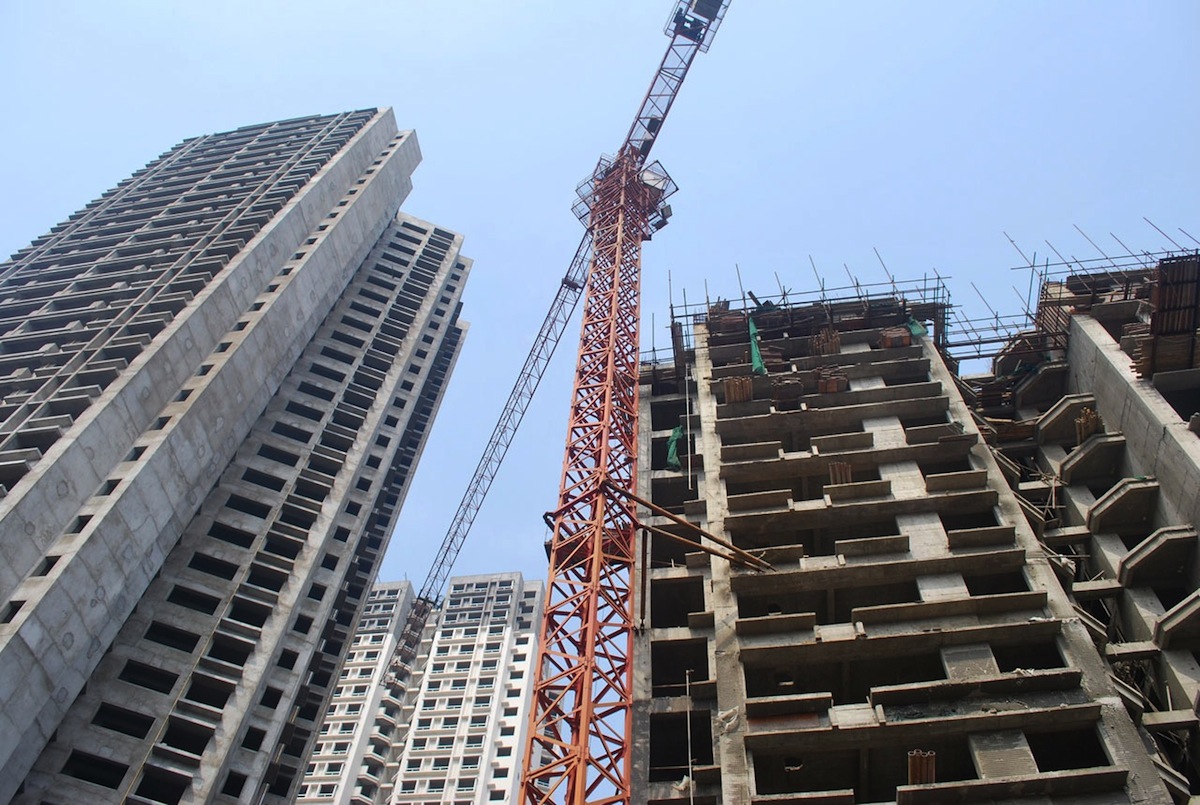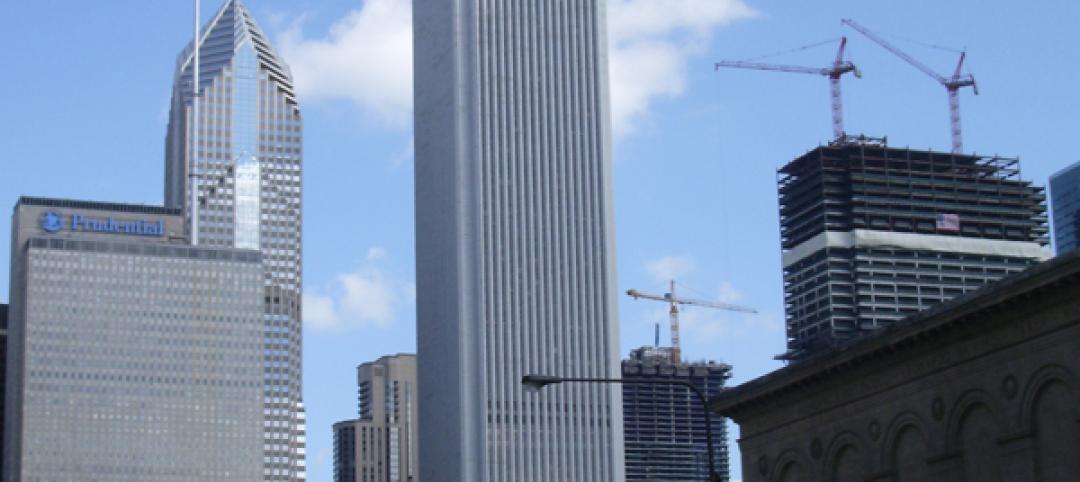Environmental insurance coverage has grown significantly in the construction industry over the last five years, according to William P. Hazelton, executive vice president, environmental and construction, for ACE Group.
Hazelton says that the recent escalation in demand for environmental coverage is primarily due to most construction contracts now including a requirement for the coverage along with other insurance. About five years ago, contractors didn’t need an environmental policy to bid on many projects, but today it’s almost always required.
Tighter regulatory requirements also factor into the trend. The U.S. Environmental Protection Agency is paying closer attention to intrusion of potentially harmful vapors into commercial and residential buildings. These can be from environmental contaminants in the subsurface that can be disturbed during construction.
Companies also need to be aware of air quality issues including from mold contamination, vapors from carpeting or furniture, and exhaust fumes from a loading dock located too close to a building’s ventilation system. These hazards can be addressed with pollution liability coverage.
Related Stories
| Apr 18, 2014
Massachusetts Supreme Court clarifies building code liability issue on mixed-use projects
The Massachusetts Supreme Judicial Court recently ruled that distinct portions of a mixed-used building may be treated as distinct and different structures under the state building code.
| Apr 18, 2014
First international buildings among 700-plus certified by BOMA 360 Performance Program
In the first quarter of 2014, the Building Owners and Managers Association (BOMA) International certified 66 properties in the BOMA 360 Performance Program for commercial real estate markets across the U.S and, for the first time, abroad.
| Apr 16, 2014
OSHA proposes $2.3 million in fines against Olivet Management for exposing workers to asbestos and lead
Olivet Management LLC, a real estate development and management company, faces $2.3 million in proposed fines from the Occupational Safety and Health Administration.
| Apr 10, 2014
Green Building Certification Institute partners with Well Building Institute on standard
The Green Building Certification Institute (GBCI), which administers third-party certification for the LEED standard, and the Well Building Institute will collaborate to promote the WELL Building Standard.
| Apr 10, 2014
OSHA’s construction safety advisory committee invites input on construction regulations
The Occupational Safety and Health Administration will hold a meeting of the Advisory Committee on Construction Safety and Health May 7-8, 2014, in Washington, D.C.
| Apr 10, 2014
ASTM’s International Standards in Building Codes now available in DVD and online
The compilation ASTM Standards in Building Codes contains more than 1,300 ASTM construction specifications, practices and test methods, and is now available in DVD and online.
| Apr 10, 2014
New California energy code requires building systems to be ready for demand response energy management
Starting in June, California’s latest version of its Title 24 building code kicks in, requiring several systems come with demand response capability.
| Apr 4, 2014
Green Building Initiative moves to include locally sourced materials in Green Globes
The Green Building Initiative group based in Portland, Ore., met with the Department of Agriculture on a plan to include locally sourced materials in its green building standards.
| Apr 4, 2014
White roofs outperform green roofs in reducing heat-island effect, says Lawrence Berkeley Lab
A new report from LBNL says that white roofs are three times more effective than green roofs at “cooling the globe.”
| Apr 4, 2014
ASHRAE standard aims for consistency in measuring building energy use
The standard answers such questions as: Should the measurements of a building’s area used in the equation to derive energy use per square foot be taken from the exterior dimensions or to the centerline of the wall? And, should storage spaces be included even though they are unoccupied?












